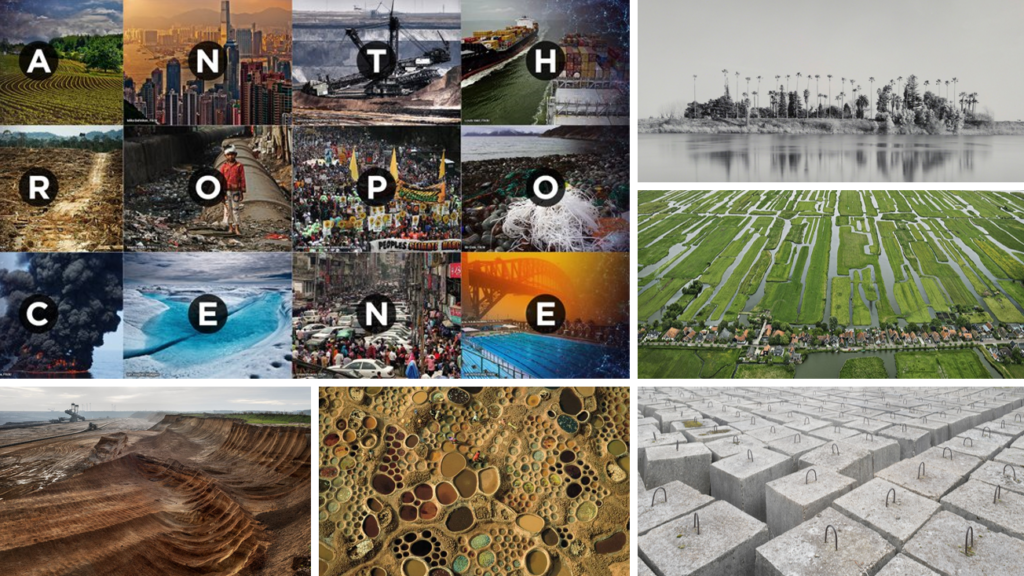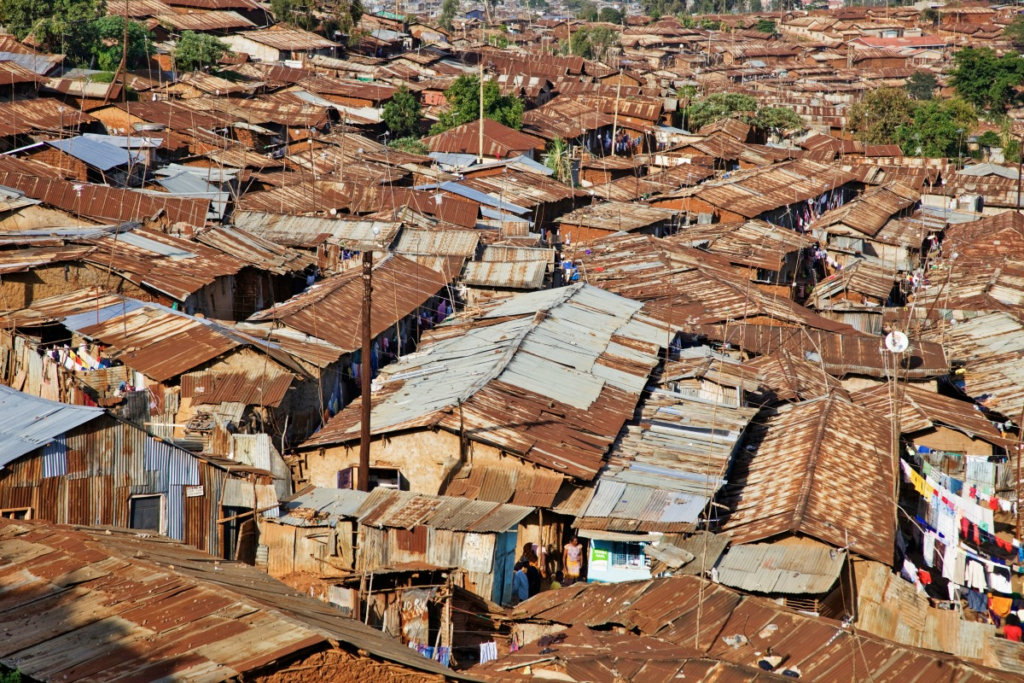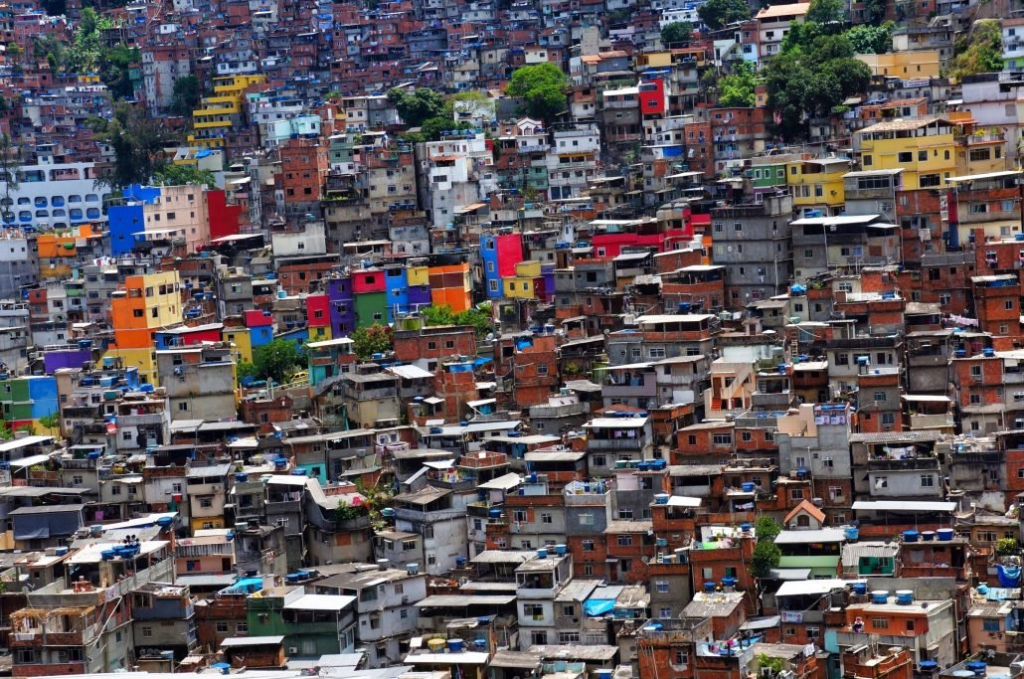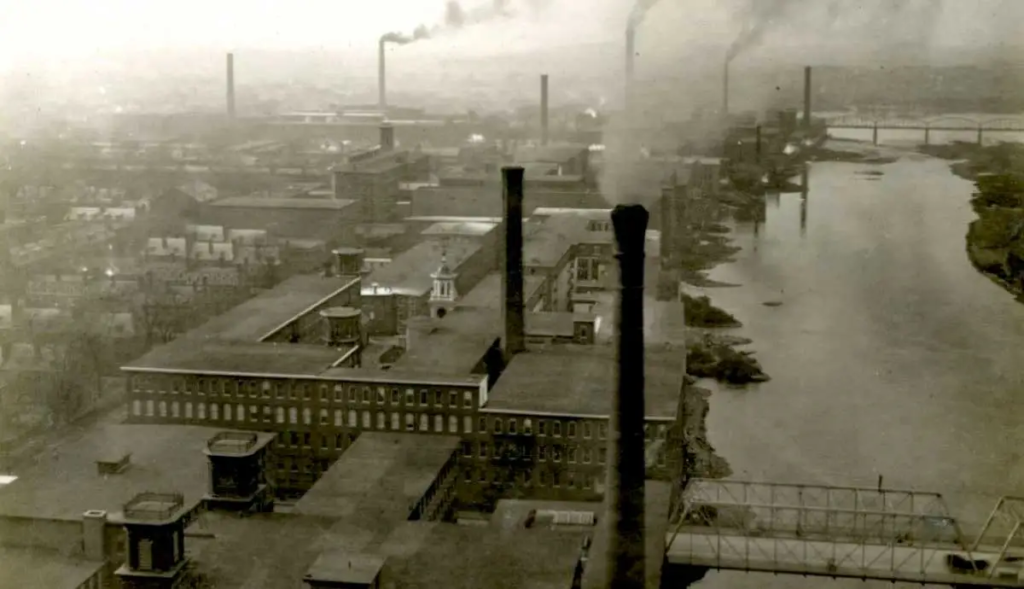
Anthropocene
The proposed current geological epoch, in which humans are the primary cause of permanent planetary change.
The word “Anthropocene” was coined by Dutch chemist Paul Crutzen about a decade ago. One day Crutzen, who shared a Nobel Prize for discovering the effects of ozone-depleting compounds, was sitting at a scientific conference. The conference chairman kept referring to the Holocene, the epoch that began at the end of the last ice age, 11,500 years ago, and that—officially, at least-continues to this day.
The word ‘Anthropocene’ itself breaks down as ‘Anthropo’ meaning human and ‘cene’ beginning a new period of time, together meaning the period of time we are currently in following on from the Holocene, the term was coined in the 1980s but didn’t become commonly used till the early 2000s. The Anthropocene is the time period in which we look at just how greatly we, as humans, have impacted and damaged the natural environment around us for out benefit alone. To name a few impacts we have had on the planet, decrease in biodiversity, pollution increase, climate change, misuse of natural resources and many many more. Anthropocene began in the 1950s however wasn’t labelled as starting till 2016 when radioactive waste, we had caused, were found in soil samples. It was labelled as starting in the 1950s as there was a dramatic increase in human impact that year and we truly started to see the impact it was leaving/creating on the planet we so dearly love. As we started to introduce the invention of plastic into everyday life the problem quickly spiralled out of control, leaving us in the idea that life was improving thanks to the new everyday use of the material plastic. However very quickly we became careless with the quick growing population, thanks to the benefits of plastic from being able to store food better, more hygienically to the use of different medical treatments to the consumption rates at which we were using plastic for everything we do sky rocketing. As humans we have become the single most impactful species on the world around us in a very short space of time, we effect everything from the mass amounts of plastic pollution we create to the water and it’s life we threaten from melting the ice caps with climate change to killing biodiversity with eutrophication.
https://www.nhm.ac.uk/discover/what-is-the-anthropocene.html
Consumerism and the impact of it on the Anthropocene
Consumerism is the over consumption of goods. From making a huge amount of pollution, it makes us as people always want more because there is always a better or newer thing. This is ever present throughout our lives from fast fashion to trends in every part of our lives. A simple statistic that explains this is that is that the average American spends $1,497 a month on non essential items. This doesn’t change that much throughout the world where most places that have a stable economy follow suit with similar statistics. This is hugely highlighted in the fast fashion industry, this has a huge impact on the world as the trends increase as social media becomes more advanced this means the ‘need’ for more fast fashion. Fast fashion in itself has doubled the clothing produced while the use time of a garment has massively decreased. Not only is the fast fashion industry incredibly harmful and unethical using extremely poor pay and working conditions to make huge profits. The impact it has on the world is irreversible. With all the flights and marine transport fast fashion still comes out on top for creation of CO2 which in turn speeds up climate change at a rapid pace. It truly is the second largest polluter when it comes to different industries, the only one outweighing it is the use of fossil fuels which is a huge part of everything in our lives. Over consumption isn’t limited to just the fashion industry we do it in everything we own, from buying the new water bottle everyone is talking about when our old one is perfectly fine to needing multiple of something just because it comes in a different design for example. In general over consumption hasn’t only caused mass amounts of non revisable damage to our planet but it has made us as the human species incredibly unaware of how much we have and enjoy the smaller things in life.
The Holocene
The Holocene is the only state in which we know humanity can thrive with anything like the 7.5 billion humans being supported today. It began at the last major glacial epoch, which was the ice age 11,700 years ago now. It had another name which meant the age of man, this being Anthropogene, similar to the newly coined Anthropocene, however this can be misleading as in fact humans existed before the ice age but around this time was when we started to see the recorded history and now it’s history from ice age to modern day in the development of humans and the impact they left in their wake. The climate changes during the Holocene were more stable than the Ice Age period, however there were still changes for example when a large ice sheets collapsed the oceans oscillations dramatically changed thought he time period. However the Holocene was considered to be an an atypical interglacial that has not experienced significant cooling over its course ‘an atypical interglacial that has not experienced significant cooling over its course’. Was this a warning for the drastic increase in sea temperature increase in modern day, the Anthropocene? We have now left the Holocene and are in the transition to the Anthropocene. This new geological epoch was named to acknowledge human influence on the state of the planet.
Causes of Anthropocene
Urbanisation –



The increase in the proportion of people living in towns and cities.
Urbanisation has a huge impact on the planet around us from improving things for humans with more housing etc which improves our lives directly with providing us safe, good places to live. However this comes at great cost to the planet as not only does it mean the ever increasing population will likely continue to increase, but it also then creates more and more over crowded, polluted city space but this then takes more and more of the natural land. So not only does this decrease the natural Earth that is best left untouched but it continues to decrease the area of our planet that can still be saved. As we increase in the urban scape the pollution will continue to increase and just add to the un reversible damage we have already done to this planet.
Agriculture –


Agriculture, an essential part of daily life that people hesitate to think about or consider how greatly we cannot exist without it. Simply over half of the worlds inhabitable land is used in agriculture and 26% of all the worlds greenhouse emissions comes from food and the production of it. However not only do we not consider how much we reliable on the agriculture industry, we forget how much it impacts the planet. Unlike other industries agriculture impacts many areas of the eco system from polluting the water with the run off of fertilisers causing eutrophication, to the general increase on green house gas emissions from the rearing and looking after animals to the transporting of out of season produce across the world to more scientific developments as in looking at genetic modification on certain foods aiming to produce bigger and better qualities while being quicker and less laborious. However we cannot blame this on the sole providers of our food as in fact a lot of time we are to blame. The rise of the human population, rising as quickly as it is means we will be needing even more food in less time so again the rates of damage agriculture is enforcing on the planet will be doubled before we know it.
Industrialisation –

This is the development of industries in a country or region on a wide scale. As the population continues to increase the rate of industrialisation has also increased, taking up more natural land than ever to the demand for supplies being on the rise. This actually dates back further than some of the bigger issues now as while a lot of hand powered agriculture machinery was used and a lot less of the things we have now like private jets and commercial oil rigs. This became significant in the industrial revolution which was 1790-1840 and not only began significant new development in the world around us and increase in pollution but also caused a depletion of natural sources. This also started a large and incredibly harmful trend of using fossil fuels that we still use to this day but will one day not too far away be depleted leaving only nasty after effects.
